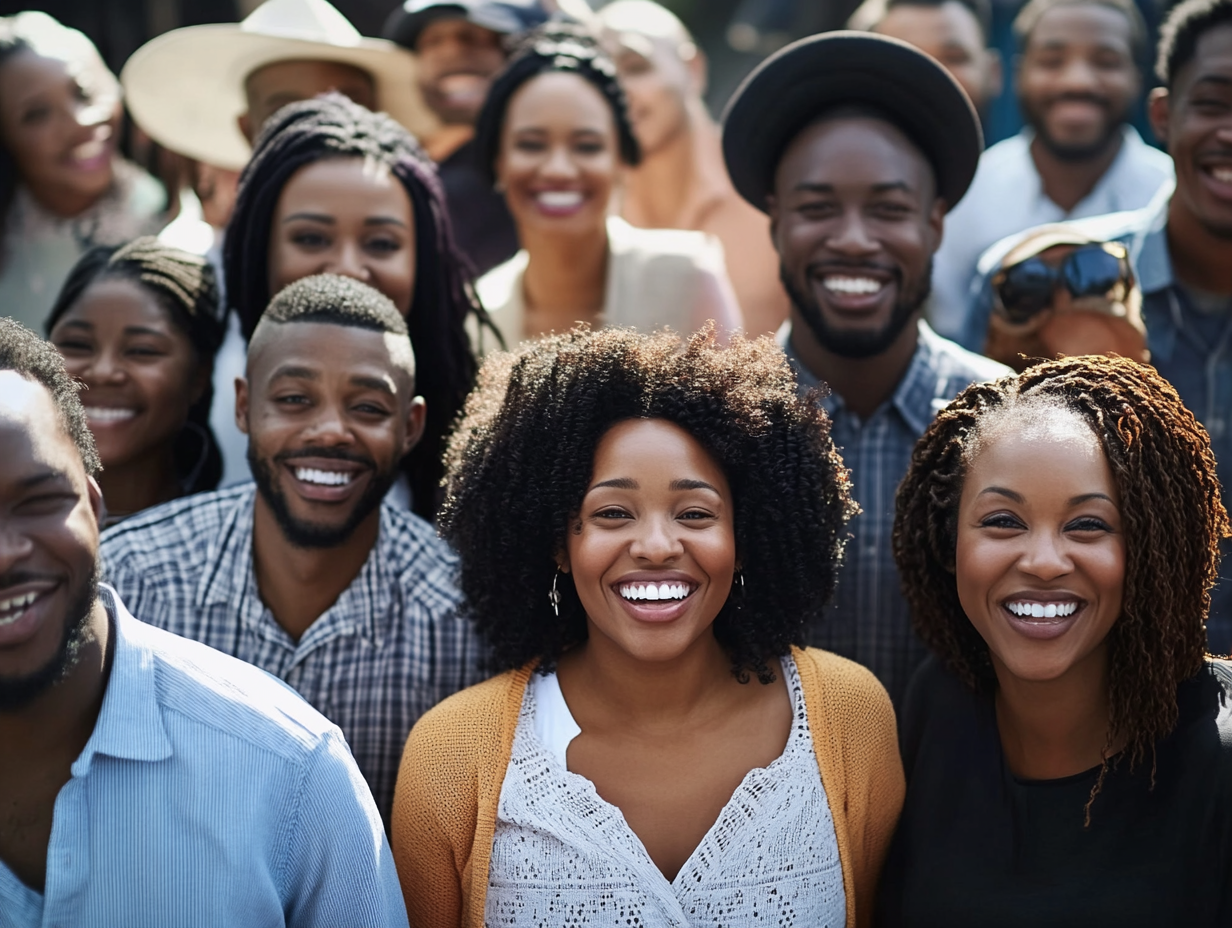As the nation braces for the highly anticipated vice presidential debate between Minnesota Governor Tim Walz and Ohio Senator JD Vance, Black voters find themselves at the epicenter of a political maelstrom. Scheduled for Oct. 1 in New York City, this pivotal event promises to shape the trajectory of the upcoming election, with implications that resonate deeply within the Black community.
The importance of the debate
For Black voters, the stakes couldn’t be higher. As the debate looms, it’s imperative that we arm ourselves with knowledge, scrutinizing each candidate’s stance on issues that directly impact their lives and communities. With the political landscape more polarized than ever, we must navigate a complex web of promises, policies and past actions to make informed decisions.
The debate, set to air live at 9 p.m. on CBS and various streaming platforms, offers a rare opportunity to witness these candidates go head-to-head, addressing concerns that have long plagued Black communities. From systemic racism to economic disparities, the issues on the table are myriad and multifaceted.
Walz enters with slight edge
Governor Walz, riding a wave of relative popularity, enters the debate with a slight edge. Recent polls suggest that approximately 40% of voters view him favorably, a stark contrast to Vance’s 30% approval rating. However, these numbers tell only part of the story. Black voters, traditionally a cornerstone of Democratic support, have shown tepid enthusiasm for Walz, presenting a potential vulnerability that Vance may seek to exploit.
This lukewarm reception to Walz signals a broader frustration with the Democratic establishment. Many feel that their loyalty has been taken for granted, with promises of reform repeatedly falling short. This disillusionment could prove pivotal, as Black Americans grapple with whether to throw their support behind Walz or explore alternatives.
Vance, for his part, faces an uphill battle in courting Black voters. His alignment with former President Trump’s policies, particularly on immigration, has raised eyebrows within minority communities. They will be watching closely to see how Vance addresses these concerns and whether he can present a vision for America that resonates with their experiences and aspirations.
Key issues
As the candidates prepare to clash on stage, several key issues loom large for Black voters.
- Abortion: Abortion rights, a topic of intense national debate, will undoubtedly feature prominently. Vance’s staunch anti-abortion stance, including support for Texas’s controversial six-week ban, stands in stark contrast to Walz’s pro-choice advocacy. Black Americans, who have historically been disproportionately affected by restrictions on reproductive rights, will be paying close attention to this discussion.
- Worker’s rights: Workers’ rights, another critical issue for Black voters, is expected to be a flashpoint in the debate. Walz’s efforts to improve conditions for home care workers and establish minimum wage standards in nursing homes have garnered praise from labor advocates. Those in the Black community, who make up a significant portion of the health care workforce, will be keen to hear how both candidates plan to protect and enhance workers’ rights in an increasingly precarious job market.
- Immigration: Immigration, a topic that often intersects with racial justice issues, is sure to spark heated exchanges. Vance’s hardline stance and controversial comments about Haitian immigrants have drawn criticism from civil rights groups.
- LGBTQ+ rights: LGBTQ+ rights, an area where the candidates diverge sharply, is another crucial topic. The intersection of racial and LGBTQ+ identities makes this a particularly nuanced issue within the Black community. Walz’s support for banning conversion therapy and other pro-LGBTQ+ legislation stands in stark contrast to Vance’s opposition to gender-affirming care for minors.
As the debate unfolds, voters must remain vigilant, parsing through rhetoric to discern substance. The candidates’ past actions and voting records will be just as important as their debate performances. For this demographic, this event is not merely political theater but a critical juncture in determining the future direction of the country.
The power of the Black vote
The power of Black voters cannot be overstated. Historically, their turnout and voting patterns have swung elections, shaped policies and altered the course of American history. As they tune in to this debate, they carry with them the weight of generations who fought for the right to participate in democracy.
As the clock ticks down to this pivotal event, the message is clear: Stay informed, stay engaged and make your voice heard. The future of the nation hangs in the balance, and Black voters hold the power to tip the scales. In this high-stakes political arena, every vote counts, and every voice matters. The vice presidential debate is just the beginning of a journey that will culminate at the ballot box, where Black Americans will ultimately decide which vision for America aligns with their hopes, dreams and aspirations.















